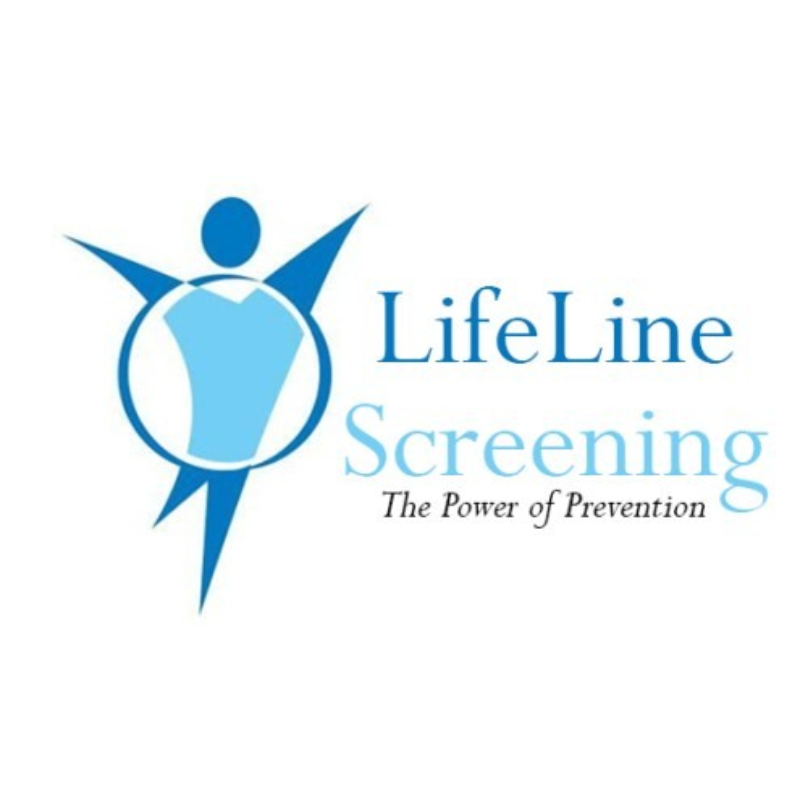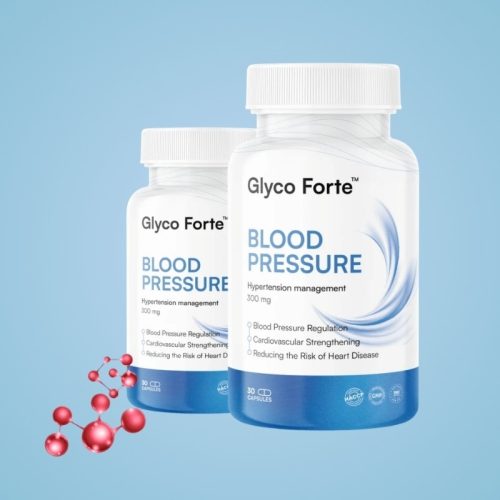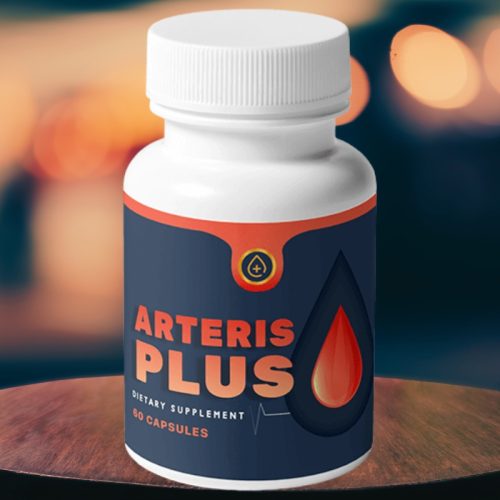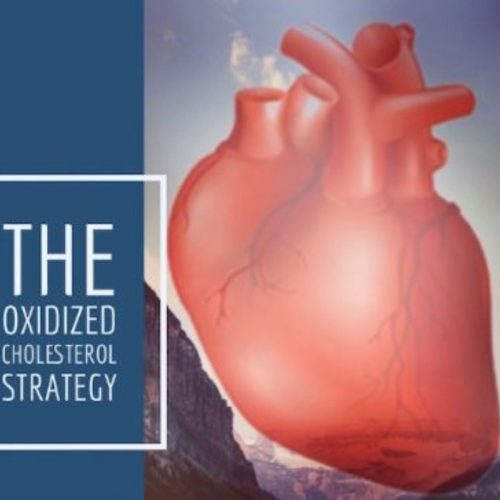$159.00
Take control of your heart health with Life Line Cardiovascular Screening. Our comprehensive screening services provide early detection of potential cardiovascular issues, ensuring peace of mind for you and your loved ones. With non-invasive tests and professional consultations, you gain valuable insights into your heart's condition. Designed for individuals concerned about their heart health, our screenings help identify risks before they become serious. Choose Life Line for reliable, accessible, and thorough cardiovascular assessments. Prioritize your well-being today and empower yourself with the knowledge to lead a healthier life!
Description
Cardiovascular disease (CVD) is the leading cause of death worldwide, responsible for nearly 18 million deaths annually, according to the World Health Organization (WHO). Despite advancements in treatment, one of the most critical strategies to combat heart disease is prevention, and at the forefront of preventive care in the U.S. is Life Line Screening, a private health screening company that offers affordable and accessible cardiovascular screening services across the country.
This article provides an in-depth look into Life Line Cardiovascular Screening, its significance, how it works, who it benefits, and what you can expect.
The Growing Burden of Cardiovascular Disease
Cardiovascular diseases refer to disorders of the heart and blood vessels. These include:
-
Coronary artery disease (CAD)
-
Peripheral artery disease (PAD)
-
Carotid artery disease
-
Atrial fibrillation (AFib)
-
Abdominal aortic aneurysm (AAA)
-
Congenital heart conditions
-
Heart failure
In the U.S., one person dies every 33 seconds from cardiovascular disease. Despite the grim statistics, many people with risk factors remain undiagnosed because early-stage cardiovascular conditions often show no symptoms.
Why Early Detection Matters
Early detection and lifestyle modification can prevent up to 80% of heart disease and strokes. However, routine health checkups often miss key vascular screenings unless specific symptoms are present. This is where Life Line Screening comes in.
What Is Life Line Screening?
Founded in 1993, Life Line Screening is a community-based healthcare provider that conducts non-invasive, preventive health screenings to detect early signs of cardiovascular, bone, liver, kidney, and other chronic diseases. To date, the organization has screened more than 10 million individuals.
With mobile screening units operating across thousands of U.S. locations each year, Life Line makes it easy for people—especially those in rural or underserved areas—to access lifesaving health data.
Life Line Cardiovascular Screening Services
Life Line Screening focuses on five key cardiovascular tests. Each is painless, affordable, and takes only a few minutes to complete:
1. Carotid Artery Disease Screening
-
Method: Carotid artery ultrasound (Doppler)
-
Purpose: Detects plaque buildup in the carotid arteries which supply blood to the brain.
-
Importance: Blockages in these arteries can lead to ischemic stroke. Up to 80% of strokes are preventable, and identifying this risk early is critical.
2. Abdominal Aortic Aneurysm (AAA) Screening
-
Method: Ultrasound of the abdominal area
-
Purpose: Detects enlargement of the abdominal aorta, a potentially life-threatening condition.
-
Importance: Aneurysms can rupture with no warning signs, often resulting in death.
3. Atrial Fibrillation (AFib) Screening
-
Method: Electrocardiogram (EKG)
-
Purpose: Detects irregular heart rhythms which significantly increase stroke risk.
-
Importance: AFib increases stroke risk by five times, yet many people with AFib are unaware they have it.
4. Peripheral Arterial Disease (PAD) Screening
-
Method: Ankle-brachial index test
-
Purpose: Measures blood pressure in the arms and legs to detect blockages in the leg arteries.
-
Importance: PAD is a key indicator of systemic atherosclerosis and cardiovascular disease.
5. Cholesterol and Glucose Levels
-
Method: Finger-stick blood test
-
Purpose: Checks total cholesterol, HDL, LDL, triglycerides, and blood sugar.
-
Importance: High levels are major risk factors for heart disease and diabetes.
Who Should Consider Screening?
While anyone can benefit from preventive screening, Life Line recommends its cardiovascular screening package for individuals over the age of 40, or younger adults with risk factors such as:
-
Family history of heart disease or stroke
-
High cholesterol or blood pressure
-
Diabetes
-
Smoking
-
Obesity or sedentary lifestyle
-
Stress or poor diet
These tests are also ideal for individuals who want peace of mind or who have difficulty accessing traditional healthcare services.
What to Expect During Your Appointment
Scheduling and attending a Life Line Screening is a straightforward process:
1. Booking an Appointment
You can schedule online or by phone. Appointments are often held at community centers, churches, or hotels, making them easy to access.
2. Pre-Screening Instructions
You may be asked to:
-
Fast for 6–8 hours (for cholesterol/glucose tests)
-
Wear loose, short-sleeved clothing
-
Avoid applying lotion
3. Check-In
Upon arrival, you'll check in and be guided through the process by friendly, professional staff.
4. Screening
Each test takes about 5 to 10 minutes, and the full session lasts approximately 60–90 minutes.
5. Receiving Your Results
-
Results are mailed within 21 days
-
Urgent findings are communicated immediately
-
You can share results with your primary care physician
Benefits of Life Line Cardiovascular Screening
1. Early Detection
Catch diseases in their silent, asymptomatic phase.
2. Empowerment
Take control of your health with data-driven insights.
3. Affordability
Screenings are priced significantly lower than hospital-based equivalents. For example:
-
Basic 4-test package: ~$149
-
Comprehensive wellness package: ~$249
4. Convenience
Accessible in thousands of locations nationwide with minimal wait times.
5. No Insurance Required
An excellent option for uninsured or underinsured individuals.
Clinical Validity and Accuracy
Life Line Screening uses FDA-approved equipment and employs trained medical technologists. Board-certified physicians review all tests, and the company follows stringent quality control protocols.
Multiple studies have validated the effectiveness of these screenings:
-
Carotid ultrasounds and PAD tests correlate well with angiography
-
EKGs for AFib are 90–95% sensitive
-
AAA screenings reduce mortality by up to 42% in older men
Controversies and Considerations
While Life Line Screening provides accessible preventive care, critics argue:
-
Some tests may produce false positives, leading to unnecessary anxiety
-
The lack of an ongoing patient-physician relationship can limit follow-up
However, when used in collaboration with primary care, these screenings can be extremely valuable.
Recommendation: Always consult your doctor before and after receiving screening results to determine next steps.
Patient Testimonials and Community Impact
Life Line Screening has helped millions detect health issues early. Testimonials reveal powerful stories:
“The scan found a serious carotid blockage I didn’t even know existed. My doctor said I was a stroke waiting to happen.”
— Karen S., Life Line Screening participant
“I attended a screening event just for peace of mind and ended up discovering an AAA. The surgeon said it saved my life.”
— David R., Life Line Screening user
In addition to individuals, Life Line partners with:
-
Hospitals
-
Insurance providers
-
Employers
-
Nonprofits and senior communities
This multiplies its reach and accessibility.
Pricing and Accessibility
Life Line Cardiovascular Screening is designed to be both affordable and accessible to the general public—especially individuals who may not have regular access to healthcare facilities or insurance coverage.
Recommended Screening Package
-
Price: $159
-
Recommended For: Everyone age 40 and above
-
What's Included:
-
Carotid Artery Disease Screening
-
Abdominal Aortic Aneurysm (AAA) Screening
-
Atrial Fibrillation (AFib) Screening
-
Peripheral Arterial Disease (PAD) Screening
-
Blood Glucose and Cholesterol Panel
-
This comprehensive vascular health package is curated to target the most common and potentially deadly cardiovascular risks. It is an excellent baseline screening tool for adults seeking peace of mind or an early warning system for heart and vascular issues.
Additional Options
While the $159 package is the most recommended and widely used, Life Line Screening also offers:
-
Men’s or Women’s Comprehensive Packages: ~$249
(Includes additional tests like prostate or osteoporosis screenings) -
Individual Add-On Tests: Available upon request (e.g., thyroid function, Vitamin D, CRP levels)
Seasonal discounts or group rates are often available for couples, employers, and communities. Scheduling is fast, flexible, and conducted at local venues nationwide.
Conclusion: Should You Get Screened?
If you are over 40 or have any cardiovascular risk factors, a Life Line Cardiovascular Screening could provide life-saving insights. With the burden of heart disease rising and preventive care often overlooked, these screenings offer a vital bridge to early detection and improved health outcomes.
While they are not a substitute for medical care, Life Line Screenings are an excellent adjunct to annual check-ups, particularly for those seeking proactive ways to protect their heart and brain health.
Frequently Asked Questions (FAQs)
1. What is Life Line Screening?
Life Line Screening is a preventive healthcare service that provides non-invasive tests to identify risk factors for cardiovascular disease, stroke, and other chronic conditions. It operates mobile clinics across the U.S., bringing screenings to local communities.
2. Who should get a cardiovascular screening?
Screenings are recommended for adults age 40 and older, especially those with risk factors like high blood pressure, high cholesterol, diabetes, smoking habits, obesity, a sedentary lifestyle, or a family history of heart disease or stroke.
3. What tests are included in the $159 cardiovascular screening package?
The standard $159 package includes:
-
Carotid artery ultrasound
-
Abdominal aortic aneurysm (AAA) screening
-
Peripheral arterial disease (PAD) screening
-
Atrial fibrillation (AFib) EKG
-
Blood glucose and cholesterol panel
4. Are these screenings covered by insurance?
Life Line Screening is a self-pay service, and its tests are typically not covered by insurance or Medicare. However, many patients consider the low cost a worthwhile investment in early detection and peace of mind.
5. How long does the screening take?
The entire screening process takes about 60 to 90 minutes. Each individual test lasts between 5 and 10 minutes, and most results are non-invasive and painless.
6. How and when do I get my results?
Results are usually mailed to you within 21 days of your screening. In the case of urgent findings, Life Line Screening contacts you immediately and advises seeking medical attention.
7. Are the tests accurate and medically reliable?
Yes. The screenings use FDA-cleared equipment, and all tests are conducted by trained professionals and reviewed by board-certified physicians. However, the results should be used in conjunction with your primary care provider for follow-up and treatment decisions.
8. Do I need to fast before my screening?
Yes, fasting is required for 6–8 hours if you're undergoing cholesterol or blood glucose testing. You’ll be given specific instructions when you schedule your appointment.
9. Where do the screenings take place?
Life Line Screening operates nationwide in local venues such as community centers, churches, and hotels. These convenient locations bring screenings closer to where people live and work.
10. Can I bring a friend or family member?
Yes, absolutely. Many people attend with spouses or friends, and Life Line often offers couples' discounts. Bringing a support person can also help ease nerves and provide moral support.




